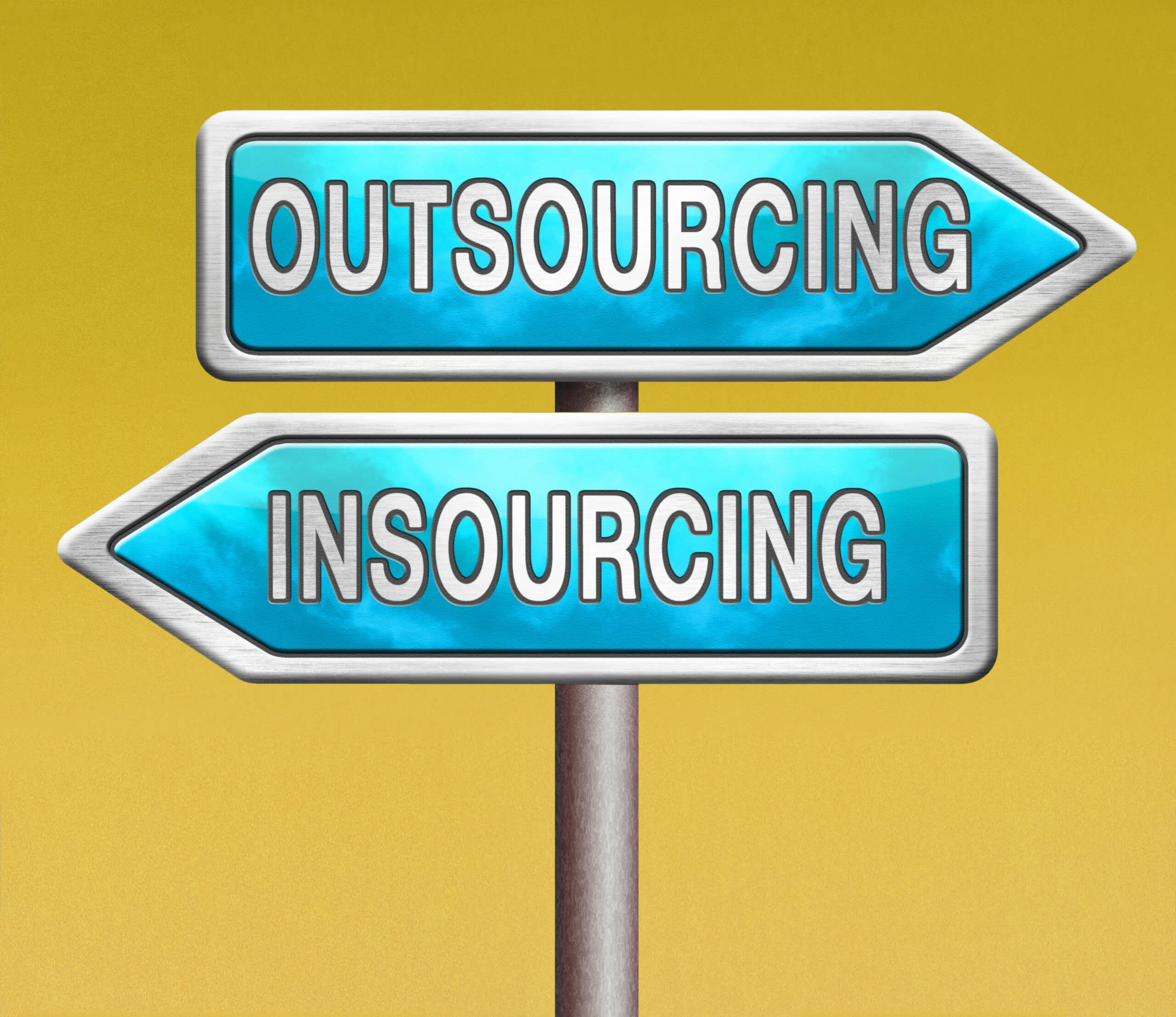Starting and operating a service-based small business involves entering into various legal agreements and contracts. Having properly written service-based contracts is crucial for protecting your legal rights and clarifying expectations between you and your customers or vendors. These are some of the types of service-based contracts small business owners commonly utilize:
Service Contracts
The first type of service-based contract I recommend for most small businesses is the service contract. I also refer to this as a client contract. This is the contract between you as the company and the client for whom you are providing services. This type of contract is essential for service providers such as marketing agencies, web design firms, IT consultants, and more. A solid client contract spells out:
- Fee and payment terms.
- Services and timeline for what you are providing to the client.
- Obligations on the part of the client that may affect your ability to deliver.
- What happens if you or your client fail to meet your obligations under the contract.
- Provisions for changes in scope or schedule.
The service contract protects both parties and sets clear expectations. It is a great way to start an ongoing client relationship!
Independent Contractor Agreements
If you are working with independent contractors (such as a virtual assistant or web designer), you’ll want an agreement on the price and scope of their services. It is important to set clear expectations up front regarding what is and is not included in the scope of the services. These provisions protect both parties!
Additionally, it is critical to establish that the independent contractor is self-employed. This provision includes a statement that you, as the purchaser of the services, are not responsible for:
- Withholding or reporting any federal, state, or local employment taxes.
- Providing worker’s compensation insurance or unemployment compensation.
- Including the independent contractor in any employee benefits.
Getting this right is important for compliance with labor laws and IRS regulations.
If the independent contractor is creating content or design work for you, the agreement should include a representation that it is their original work. Additionally the agreement should provide indemnification against IP infringement, and, if appropriate provide a specific assignment of the IP rights to the work or a clear license for your use of the IP.
Confidentiality/Non-Disclosure Agreements
A Nondisclosure Agreement (NDA), also known as a Confidentiality Agreement or Proprietary Information Agreement, is a legally binding contract. The contract establishes a confidential relationship between two or more parties. Primarily, it protects sensitive information from unauthorized disclosure or use by the parties.
Many service-based businesses handle sensitive client information as part of their work. Additionally, these businesses have their own intellectual property to protect. Requiring clients, independent contractors, and sometimes even employees to sign non-disclosure agreements protects confidential information. For instance, the NDA can protect trade secrets, customer data, or unpublished content. NDAs should define what is considered confidential and prohibit unauthorized use or disclosure.
You can use an NDA to protect your business in a number of business scenarios, such as during negotiations for sale, collaborations with other businesses, or when sharing trade secrets with potential investors. NDAs are crucial if you are sharing your ideas, business plans, inventions, or processes with others for any reason. You want to make sure that they can’t steal your confidential information and use it for their own gain.
Vendor/Supplier Contracts
If your business relies on vendors and suppliers for things like raw materials, equipment, software, etc., vendor contracts help manage the business relationship. Contracts with vendors prevent misunderstandings about prices, delivery, quality standards, payment timing, and other expectations.
You undoubtedly have several vendor contracts in place that you don’t even think of as contracts. For example, do use a website hosting company like Bluehost, GoDaddy, or SiteGround? No doubt you clicked through a Terms of Use for the domain name and the website hosting. That’s a contract! Are you using an email platform like HubSpot, Constant Contact, or Active Campaign? That’s another contract.
If you want to know all the companies you have contracts with, take a look at your accounting software and see which companies you are routinely paying subscription fees. And, QuickBooks, yep, another contract! Vendor contracts also cover suppliers of the raw materials you need for production or the consumables used to run your business. And companies that keep you stocked with office supplies. Also,the companies that you pay for things like medical insurance premiums, liability insurance, payroll and accounting services, maintenance and repair of office equipment, etc.
Lease Agreements
Unless you are a completely virtual business operating out of your home (or wherever your nomadic existence has taken you at the moment), at some point you will need to consider your space. Whether you need a store front building for your boutique clothing shop, an office where you can meet with your coaching clients, or a warehouse where you assemble, store, and ship your custom candles, your space is a primary consideration.
Full Service Lease Agreement
If you need space outside your home, the simplest option is to rent under a “full-service” lease agreement. The full-service lease agreement, similar to renting a home or apartment to live in, means you are purchasing space at a set monthly rate for a fixed period of time. The monthly lease fee includes not just the space, but also property & general liability insurance, taxes, maintenance, utilities, trash removal, etc. Your total costs are very clear up front. This looks very similar to a standard apartment rental contract.
Commercial Lease Agreement
A commercial lease, on the other hand, can be downright petrifying. If you haven’t encountered this type of lease before and you are handed a forty-or-fifty-page document to sign, you might be taken aback. Under a commercial lease, your monthly lease payment is only a portion of your final cost. The landlord charges separately for a variety of costs. These include metered usage on utilities, trash removal, maintenance of your space, cleaning, and a share of the liability insurance and property taxes based on your percentage of space to the whole of the building. Additionally, you may contribute to maintenance and costs for any “common” areas such as lobbies, elevators, exterior windows, landscaping, etc.
Before signing off on a commercial lease agreement, make sure you understand all of the provisions. If you don’t, review it with your attorney. An escalation clause may allow your landlord to raise the lease payment every year. A use clause may limit what you can and can’t do in the space or what you can and can’t sell. It is important that you understand these provisions so you don’t inadvertently breach your lease agreement. Having an accurate, detailed lease ensures you and the property owner agree on all terms related to rent, maintenance, utilities, and more.
Conclusion
This list of service-based contracts is by no means exhaustive. But, it should at least get you started in thinking about your contractual needs. Getting proper contracts drafted and signed for all business relationships reduces risk and sets clear expectations for everyone involved.
If you are a service-based small business owner in Pennsylvania or Maryland and would like help getting your contracts in order, check out our Business Counsel Membership!













